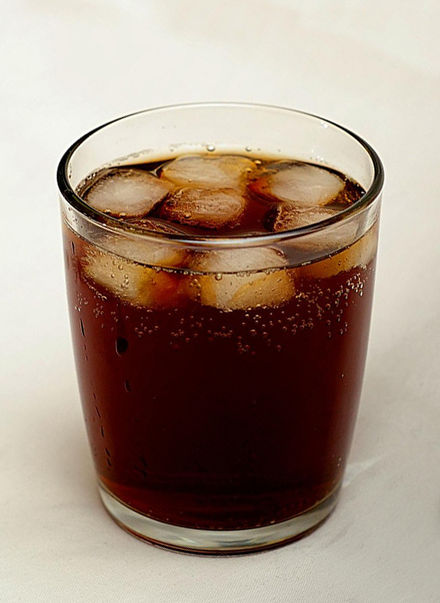
12 Jan Taxes on Sugary Drinks Linked to Higher Prices and Fewer Purchases
MedicalResearch.com Interview with:

Scott Kaplan PhD
Assistant Professor of Economics
United States Naval Academy
Annapolis, MD 21402
MedicalResearch.com: What is the background for this study?
Response: Sugar-sweetened beverages (colloquially known as SSBs), which include sodas, fruit drinks, sports drinks, energy drinks, and sweetened coffee drinks, are the leading source of added sugars in the American diet, according to the CDC. They are associated with serious negative health outcomes, including type 2 diabetes, obesity, heart disease, kidney disease, non-alcoholic liver disease, gum disease, tooth decay, and other conditions.
As a result, several cities across the US have implemented sugar-sweetened beverage excise (per ounce) taxes, generally ranging from 1-2 cents per ounce. Most existing studies evaluating the impact of SSB taxes on SSB volume purchased and prices focus on a single city; this study is among the first to provide a composite estimate of the impact of local SSB taxes on purchases and prices of SSBs using retail scanner data from five cities across the US that implemented SSB taxes between January 1, 2017 and January 1, 2018. The five taxed cities we examine are Philadelphia, San Francisco, Oakland, Boulder, and Seattle.
MedicalResearch.com: What are the main findings?
Response: Our composite estimates found that shelf prices of sugar-sweetened beverages products increased by 33.1% over the two years following tax implementation, which resulted in a decrease in volume purchased by 33.0% over the same timeframe. The observed price increase and corresponding volume decrease immediately followed tax implementation, and both were sustained in the months thereafter. There was no evidence of increased cross-border purchases of SSBs in untaxed jurisdictions following tax implementation.
MedicalResearch.com: What should readers take away from your report?
Response: Our results suggest that sugar-sweetened beverages taxes have led to meaningful reductions in purchases of SSBs across several cities featuring heterogeneous characteristics, and thus are quite effective in terms of improving the aforementioned health outcomes as well as generating cost savings to society. We believe this study may better inform the potential effectiveness of SSB taxes at the state or federal levels, especially considering the beverage industry’s recent efforts to preempt local-level SSB taxes. This study also leverages novel estimation methods that improve upon those used in earlier studies; recent work has shown that those methods likely suffer from unforseen bias, which may have caused estimates of the tax impacts to be less accurate.
MedicalResearch.com: What recommendations do you have for future research as a results of this study?
Response: As more jurisdictions consider and implement sugar-sweetened beverages taxes (and other nutrition-focused policies), future research should leverage the class of methods used in this study to evaluate their impacts in a rigorous and accurate manner.
MedicalResearch.com: Is there anything else you would like to add? Any disclosures?
Response: This work was supported by grants from the National Institute on Diabetes and Digestive and Kidney Diseases (R01 DK116852 and 2P30 DK092924), The California Endowment, the UCSF Diabetes Family Fund, and the Centers for Disease Control and Prevention’s National Center for Chronic Disease Prevention and Health Promotion (U18DP006526). The funders had no role in the design and conduct of the study; collection, management, analysis, and interpretation of the data; preparation, review, or approval of the manuscript; and decision to submit the manuscript for publication. The findings, interpretations, and conclusions expressed here are entirely those of the authors and do not necessarily reflect the views or the official positions of the Department of the Defense or the US Naval Academy.
Citation:
Kaplan SWhite JSMadsen KABasu SVillas-Boas SBSchillinger D. Evaluation of Changes in Prices and Purchases Following Implementation of Sugar-Sweetened Beverage Taxes Across the US. JAMA Health Forum. 2024;5(1):e234737. doi:10.1001/jamahealthforum.2023.4737
The information on MedicalResearch.com is provided for educational purposes only, and is in no way intended to diagnose, cure, or treat any medical or other condition.
Some links may be sponsored. Products are not endorsed.
Always seek the advice of your physician or other qualified health and ask your doctor any questions you may have regarding a medical condition. In addition to all other limitations and disclaimers in this agreement, service provider and its third party providers disclaim any liability or loss in connection with the content provided on this website.
Last Updated on January 12, 2024 by Marie Benz MD FAAD
